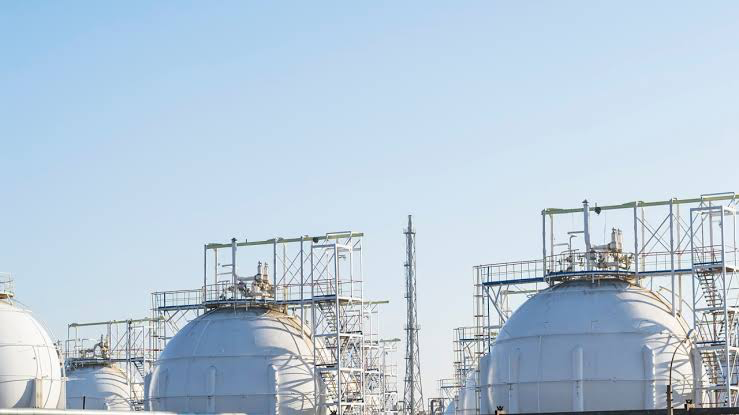Key Points
- U.S. LNG exports hit record levels in 2023 amid global demand.
- Permitting pause and litigation create significant uncertainty for developers.
- Delays in major projects, including Golden Pass and Rio Grande, complicate the future.
The next U.S. president might not be the largest impediment facing the U.S. LNG export business, which has recently faced a number of difficulties.
U.S. LNG exports soar, but legal challenges loom ahead
This decade has been problematic for U.S. LNG project developers and exporters due to environmental group litigation, a contractor bankruptcy, and President Joe Biden’s halt on permission.
The United States has been the world’s largest exporter of liquefied natural gas over the last five years thanks to the development of its export infrastructure and the flexibility of its cargo destinations. U.S. exports increased by 12% in 2023 due to new LNG facilities coming online this decade and soaring sales in Europe, which has rushed to replace Russian pipeline gas.
According to the EIA’s October Short-Term Energy Outlook, U.S. LNG exports are expected to average 12.1 Bcf/d this year, a small increase from 2023, and 13.8 Bcf/d in 2025.
A court decision over NextDecade’s FERC authorization has also caused delays for the company’s Rio Grande LNG project. A U.S. appeals court declared in early August that FERC ought to have released an additional Environmental Impact Statement as part of its review process, and thus revoked the remand authorization for the Rio Grande LNG project.
For U.S. LNG developers, these legal issues and associated litigation have created still another level of uncertainty.
Trump’s potential impact on LNG policies fuels industry concerns
According to Oilprice, as early as January, when the new U.S. president assumes office, uncertainties may start to disappear. If he is elected to a second term, former President Donald Trump has promised to quickly resume LNG permitting.
But if Trump applies a 60% tax on Chinese imports, economists fear that the U.S. LNG export boom may be hampered by Chinese retaliation and a drop in U.S. LNG purchases or resale of U.S. cargoes.
“After the U.S. election, it appears very likely that the pause will be lifted,” Crooks stated. “However, new regulations might be put in place, which would slow down and complicate the authorization process.” The lifting of the halt has been demanded by the LNG industry.
Ryan Lance, CEO of ConocoPhillips, stated at last month’s Gastech conference in Houston that “permitting reform and more infrastructure are absolutely necessary.”
The income and capital allocation plans of the large corporations, on the other hand, are the main factors that determine U.S. hydrocarbon production and are not likely to be significantly impacted by events in Washington, Crooks continued.



